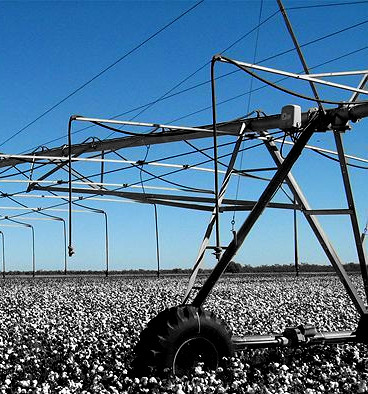Voluntary water buys open
 The Albanese Government is launching a new voluntary water purchase program.
The Albanese Government is launching a new voluntary water purchase program.
The Voluntary Water Purchase Program, starting the week of 15 July, will open its first tender to acquire up to 70 gigalitres of water entitlements from sellers in the southern Basin.
In support of this initiative, the Government has released ‘Restoring our Rivers: Framework for delivering the 450 GL of additional environmental water’.
The documents outline the progress of the Basin Plan and includes an implementation plan for achieving the 450-gigalitre target over the next 12 months, alongside a water trading strategy to assist market participants in making informed decisions.
The Government has adopted a phased approach to water recovery, focusing on non-purchase methods initially.
In January, the Resilient Rivers Water Infrastructure Program was introduced, offering more than $520 million for new water-saving infrastructure projects.
These projects, put forth by state governments, aim to enhance water efficiency and management.
The first project under this program is the $63.5 million Murrumbidgee Irrigation Urban Channel Pipelines project, which will repair or replace 47.5 kilometres of aging or leaking pipes in NSW.
In addition to infrastructure investments, the Government says it is supporting local communities with a $300 million support package as water is recovered.
The Sustainable Communities Program will involve state collaboration with Basin communities to create and support local jobs and businesses impacted by the water purchase.
Deputy Nationals leader Perin Davey voiced concerns over the impact of further buybacks on communities and industries reliant on irrigation, telling reporters; “It works for an individual, but my concern is for the whole community. There is an open water market, farmers can trade their water today, if they really want to sell and get out of the industry, no-one is stopping them. But when the government buys that water, that is what has gone not just from that farmer, but from the whole community.”







 Print
Print